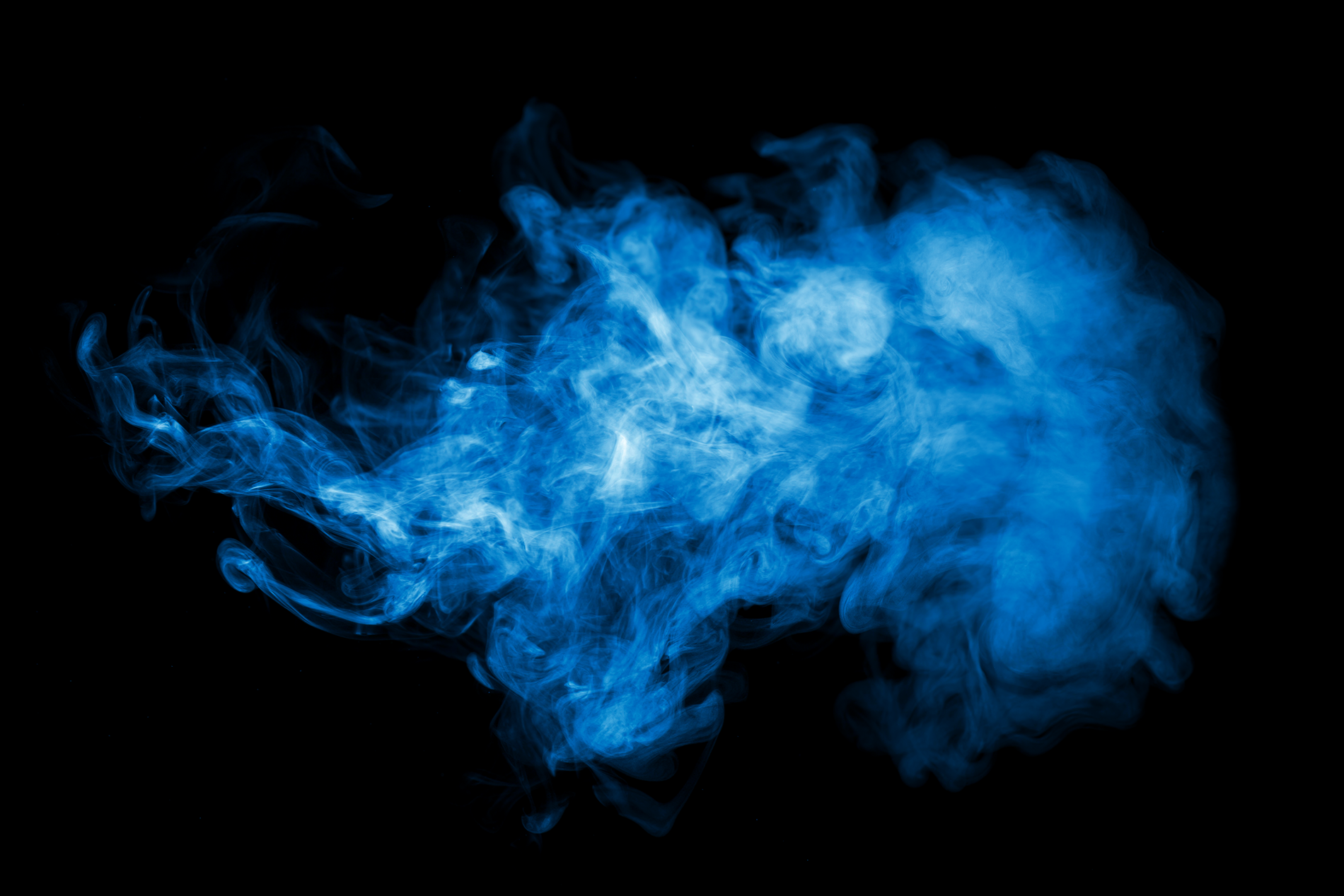

LC- and GC-Triple Quadrupole Mass Spectrometry
LC- and GC-Triple Quadrupole Mass Spectrometry
Triple quadrupole mass spectrometry (MS), also referred to as tandem mass spectrometry (MS/MS), is used to quantify components of a sample or to analyze their structure with increased specificity and sensitivity, by using two mass filtration steps in series, separated by a collision cell. Triple quad MS can detect both positive and negative ionizing compounds, increasing the range of components that get analyzed.
Due to its high sensitivity and specificity, which facilitate lower detection and quantitation limits, triple quad MS is a major tool in the fields of food testing, drug metabolism, pharmacokinetics, forensic toxicology, environmental studies, and biological analyses.
LC-Triple Quad MS
Liquid chromatography (LC) is often coupled with triple quad MS for quantitative and qualitative analysis, to enable separation of isobaric compounds that would otherwise be difficult to quantify.
GC-Triple Quad MS
To quantitatively and qualitatively analyze gas-phase analytes, GC-triple quad MS is used for highly sensitive and selective targeted analysis of small molecules.
For Research Use Only. Not for use in clinical diagnostic procedures.